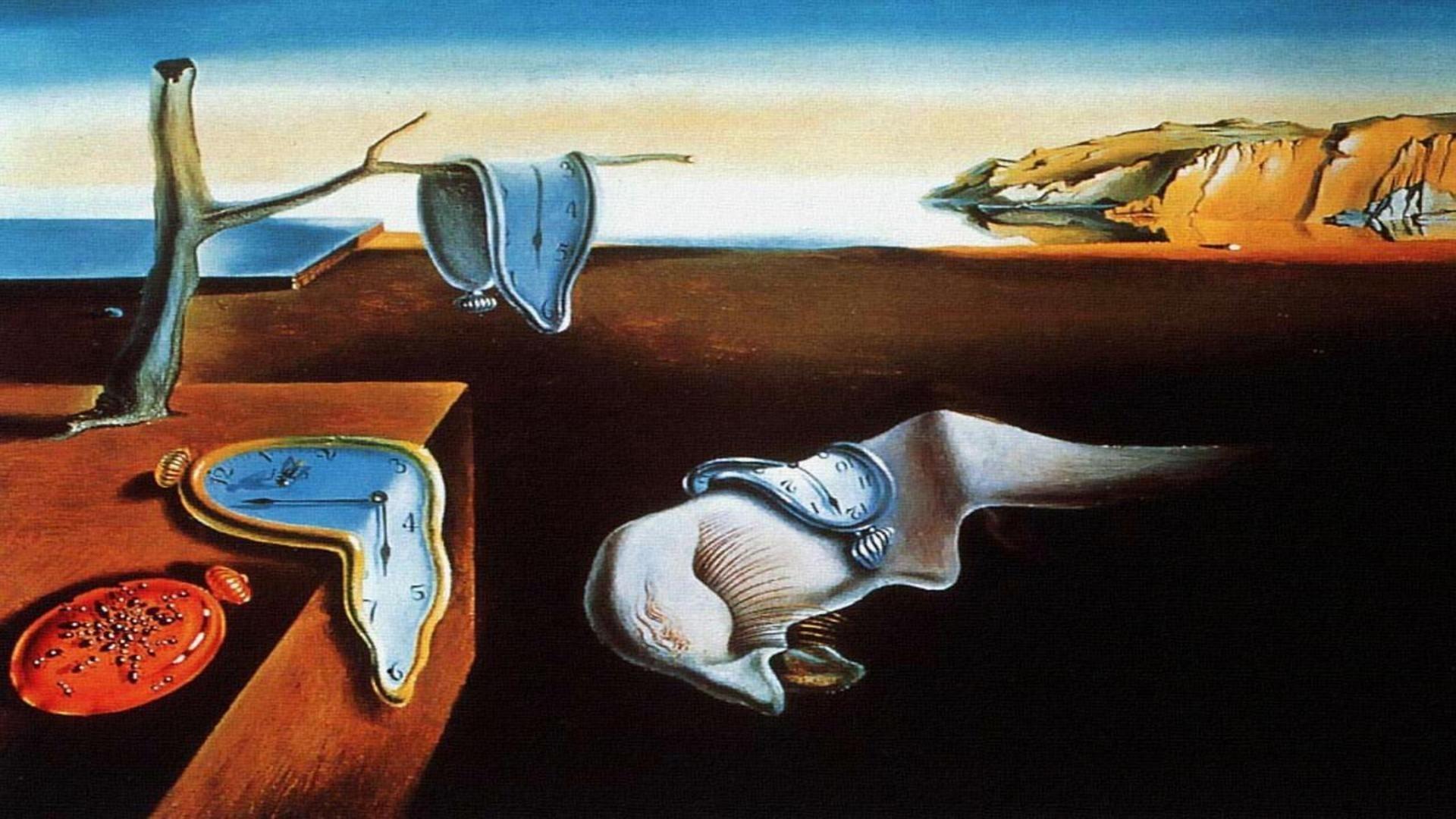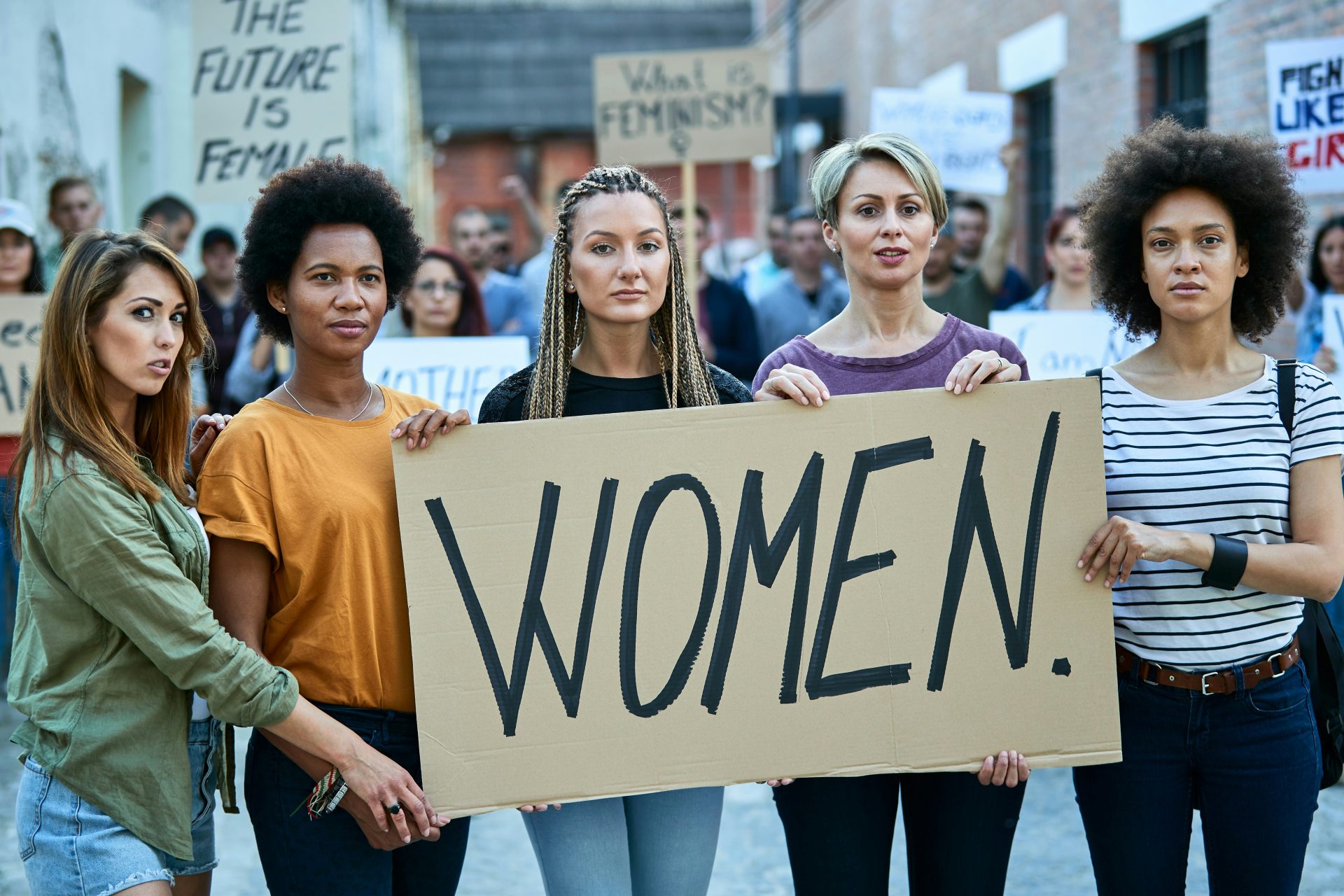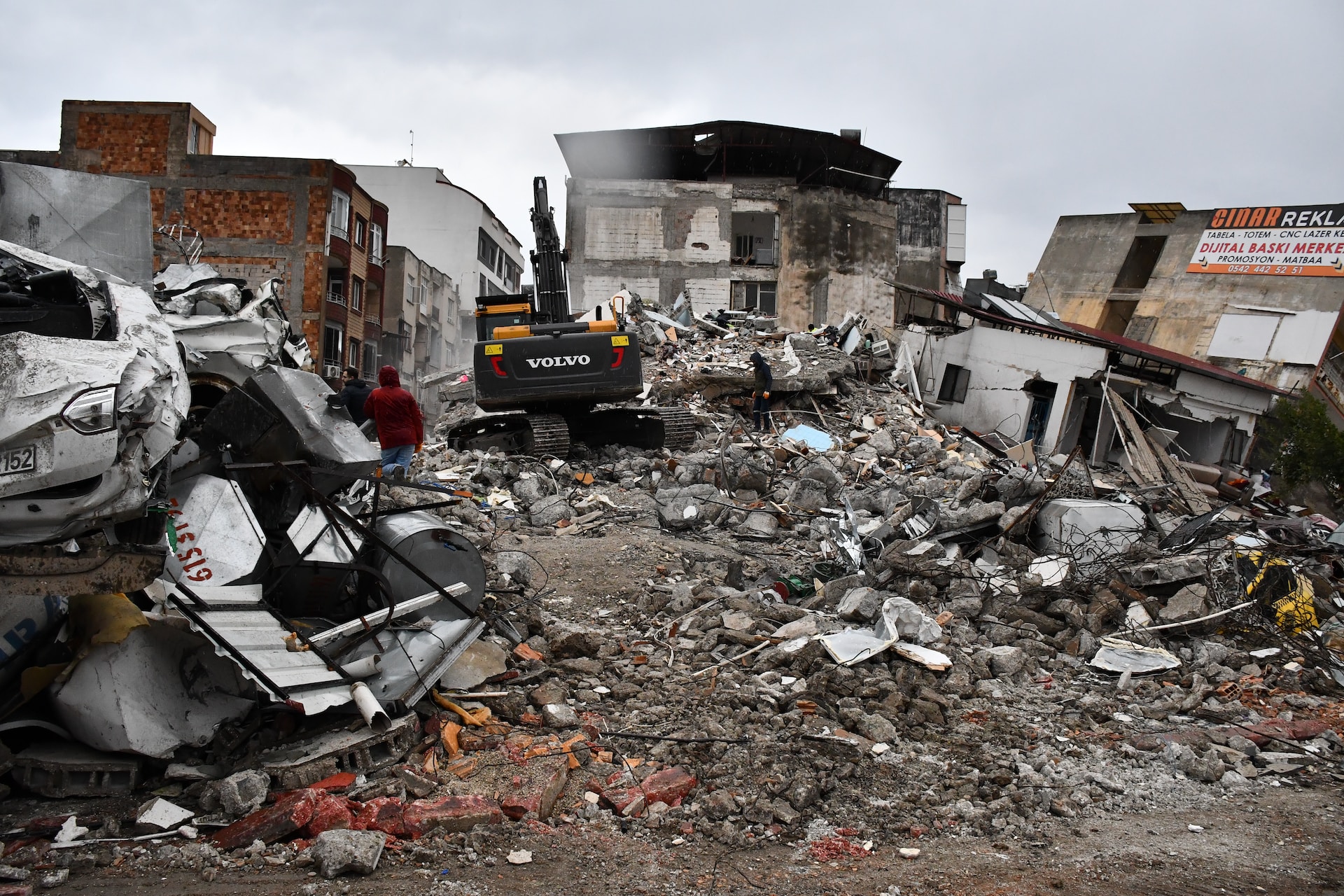The Importance of Bourdieu’s “Social Capital” for Asian Family Businesses
For those of us living in Hong Kong, one of the most commercial cities in the world, there may be times when it feels like money is the only currency that matters, as seen in instances that appear to be the blind worship of material wealth. However, as French sociologist Pierre Bourdieu argues, while money is important, it is insufficient to look at “economic capital” – transferable money and property – as the sole determinant of the outcomes of the “games of society.” Instead, in his exposition “The Forms of Capital,” Bourdieu introduces the concepts of “social capital”, built through networks, and “cultural capital”, acquired through education, that extend beyond money to all goods, material and symbolic, which are rare and worthy of being sought after.
Indeed, while there is a high level of interchangeability and significant overlap among the various forms of capital, for family businesses a singular focus on money and money alone is simplistic and undesirable. In fact, we argue that “social capital” is very important especially for Asian family businesses, where the term, according to Bourdieu, refers to resources linked to a network of institutionalized relationships which provides each of its members the backing of a “credential” that entitles them to credit, in the various senses of the word.
To be sure, in the Asian context, a common ancestral hometown or a shared dialect such as Shanghainese or Cantonese on top of Mandarin or English allow for the initial interaction and the gradual building of bonds and ties among families. Sport and music as universal languages are in their own ways the glue that binds people of different backgrounds together for a common interest or passion. Alumni connections are famously strong among those who share the same alma mater, as are the relationships formed through various clubs and associations that serve a particular constituency.
In the global arena, “social capital” is what allows Asian families to develop relationships across borders and cultures in an era when people-to-people interaction is even more important amidst geopolitical uncertainty. For example, in the sports field, Joseph Tsai, co-founder of mainland Chinese tech giant Alibaba, is building bridges across continents as one of the earliest Asian investors in the international sports sector which has traditionally been dominated by Western players.
Not only does Joseph serve as Chairman of BSE Global, which includes the Brooklyn Nets, he is also the owner of the New York Liberty of the Women’s National Basketball Association, and the San Diego Seals and Las Vegas Desert Dogs, professional indoor lacrosse teams in the National Lacrosse League.
In South Korea, GS Energy CEO Yongsoo Huh has also leveraged his “social capital” to play a prominent role as a patron of the arts both in Korea and abroad. Yongsoo has served as Chairman of Korea National Ballet Society and board member for the Korea National Museum Society, Seoul Philharmonic Orchestra, and Korea National Contemporary Dance Company. His collection of artworks of young Korean artists has been exhibited at the University of Oregon, and he has supported the debut of the Korean Symphony Orchestra in the Arab world, when the orchestra played Korean composer Young Jo Lee’s Arirang Festival for Orchestra at the Abu Dhabi Festival.
Recently, Yongsoo served as the President of Korea’s National Organizing Committee for the World Choir Games, the largest choral competition worldwide. As Chairman, he emphasized that the 2023 event was centred around the theme “Peace and Prosperity for All,” offering a message of hope for a world emerging from the COVID-19 pandemic. In this case, choral singing was the medium for the building of networks, relationships, and social interactions on an international scale.
Meanwhile, as a second-generation family member of Hong Kong real estate company Hang Lung Group, Annie Chen incubated the Sustainable Finance Initiative to share her experience as a pioneer in impact investing with other family offices in Asia, creating an active network of families in Hong Kong, Taiwan, and Singapore that are interested in embarking on their own impact journeys.
Annie also launched the “Natural Capital Initiative” at her family office to bridge the massive funding gap in global biodiversity finance and to provide seed funding and hands-on support to Asian entrepreneurs for initiatives that seek to protect and restore natural assets such as land, soil, air, plants, and animals. In both of these ventures, Annie was at the heart of networks that develop “social capital” not only for her and her family but also for other stakeholders in the impact space in Asia.
Of course, the third type of capital, “cultural capital,” greatly contributes to the ability to accumulate “social capital.” To Bourdieu, this type of capital, acquired through education, could exist in three forms: the “objectified state”, in the form of cultural goods like pictures, books, dictionaries; the “institutionalized state”, in the form of degrees and educational qualifications; and most interesting, the “embodied state”, in the form of long-lasting dispositions of the mind and body.
This third state suggests that “cultural capital” goes beyond the hard knowledge of science, mathematics, or the humanities to include the softer skills of thought and behaviour: how to think about social problems, how to contribute to public policy, how to clap at the right time at a concert, how to compete with sportsmanship at a tournament, how to mingle with ease at a gallery opening, how to host or be hosted at a dinner party.
To be clear, we do not argue against the importance of money, for economic capital is in many cases the dominant form of capital. Especially for Asian families, however, it is “social capital” that allows the development of close ties and bonds, not just in their home jurisdictions but also at the international level, through a process that is often facilitated by the possession of “cultural capital.” Indeed, without discrediting the importance of material wealth, we argue for a more balanced view that takes “social capital” and “cultural capital” into account, a view that is broader, and braver in acknowledging the limitations of what capitalist cities can appear to be obsessed about.
Article Authors
Roger King, Senior Advisor and Founding Director of the Roger King Center for Asian Family Business and Family Office, Hong Kong University of Science and Technology
Pauline Yeung, Founder, Knitknot Global; Author, Asia Case Research Centre, Hong Kong University; Asia 21 Next Generation Fellow, Asia Society
Fiona Fu, Editor-in-Chief, The Choate News
Article’s Featured Photo: Fireworks in Hong Kong



